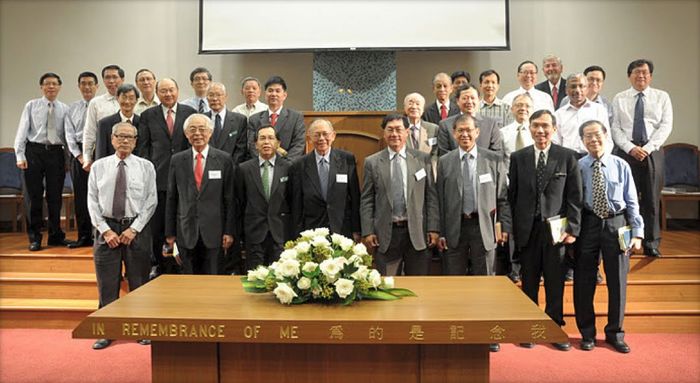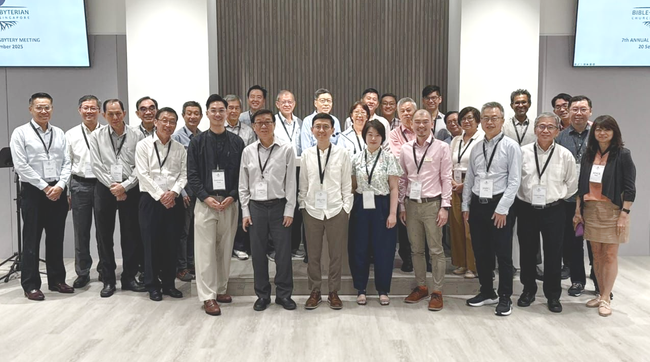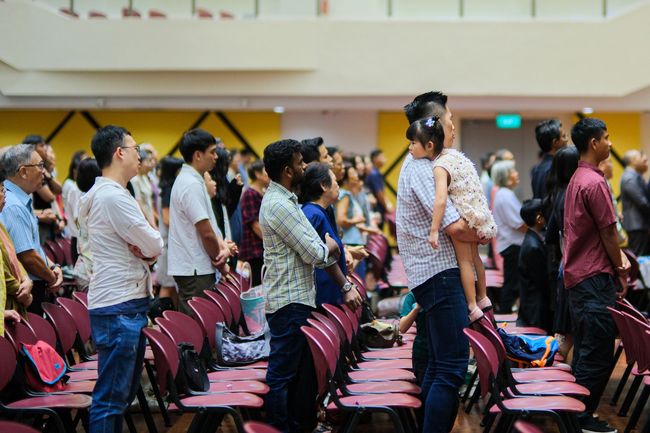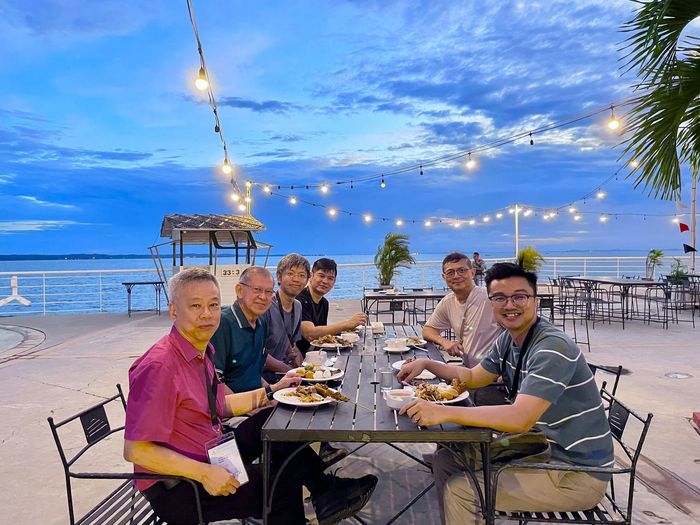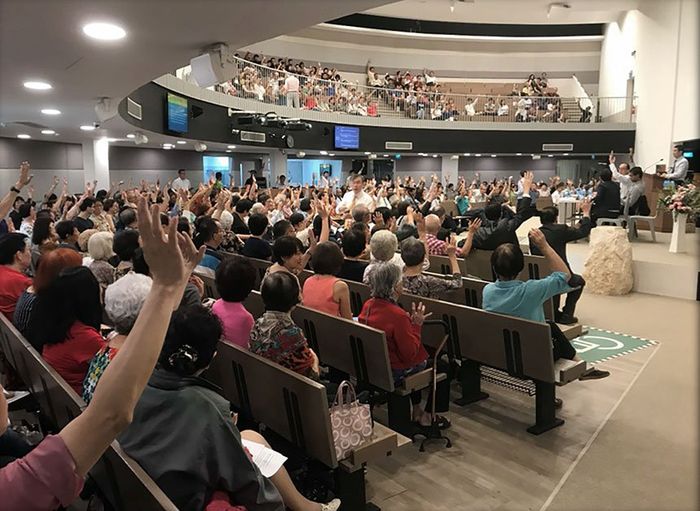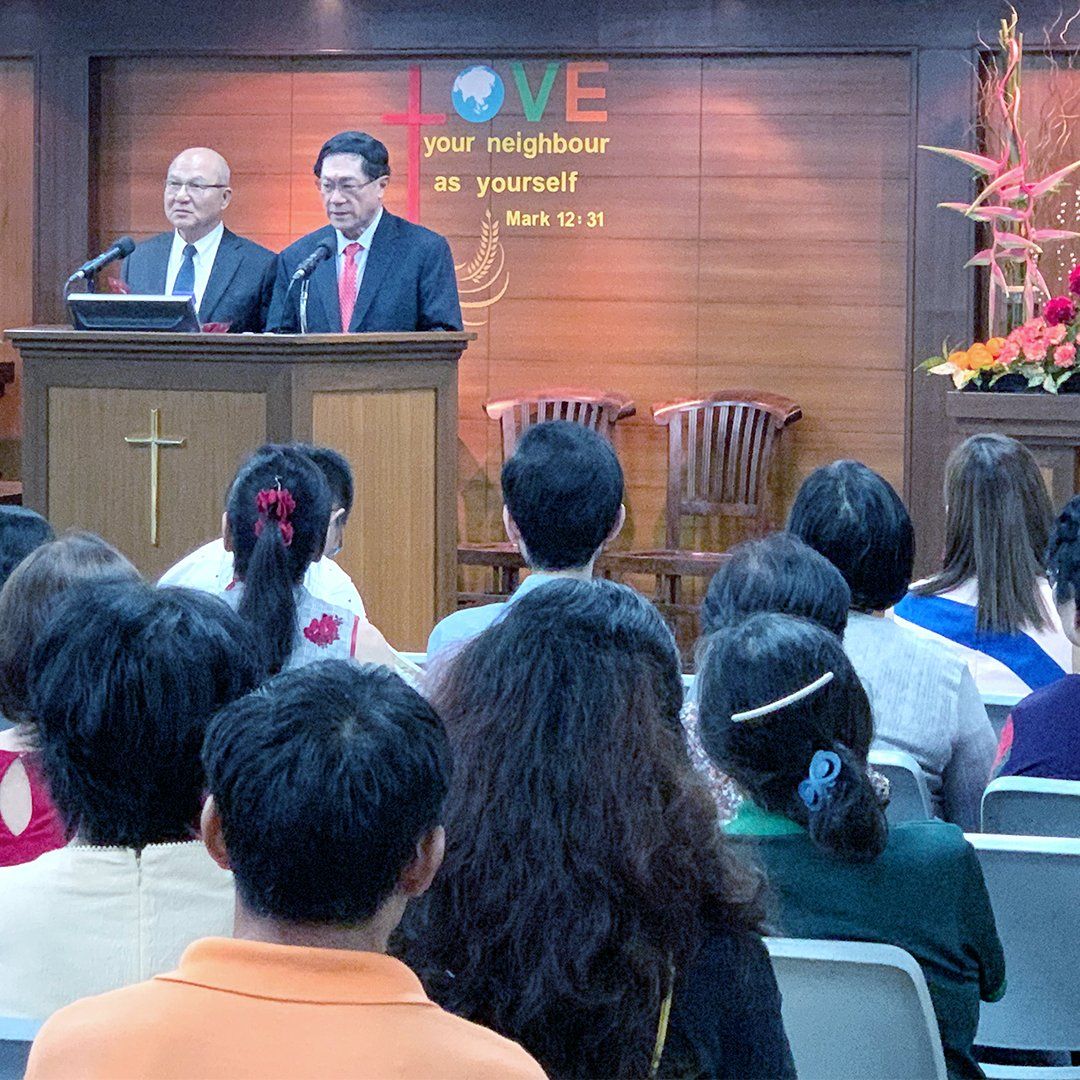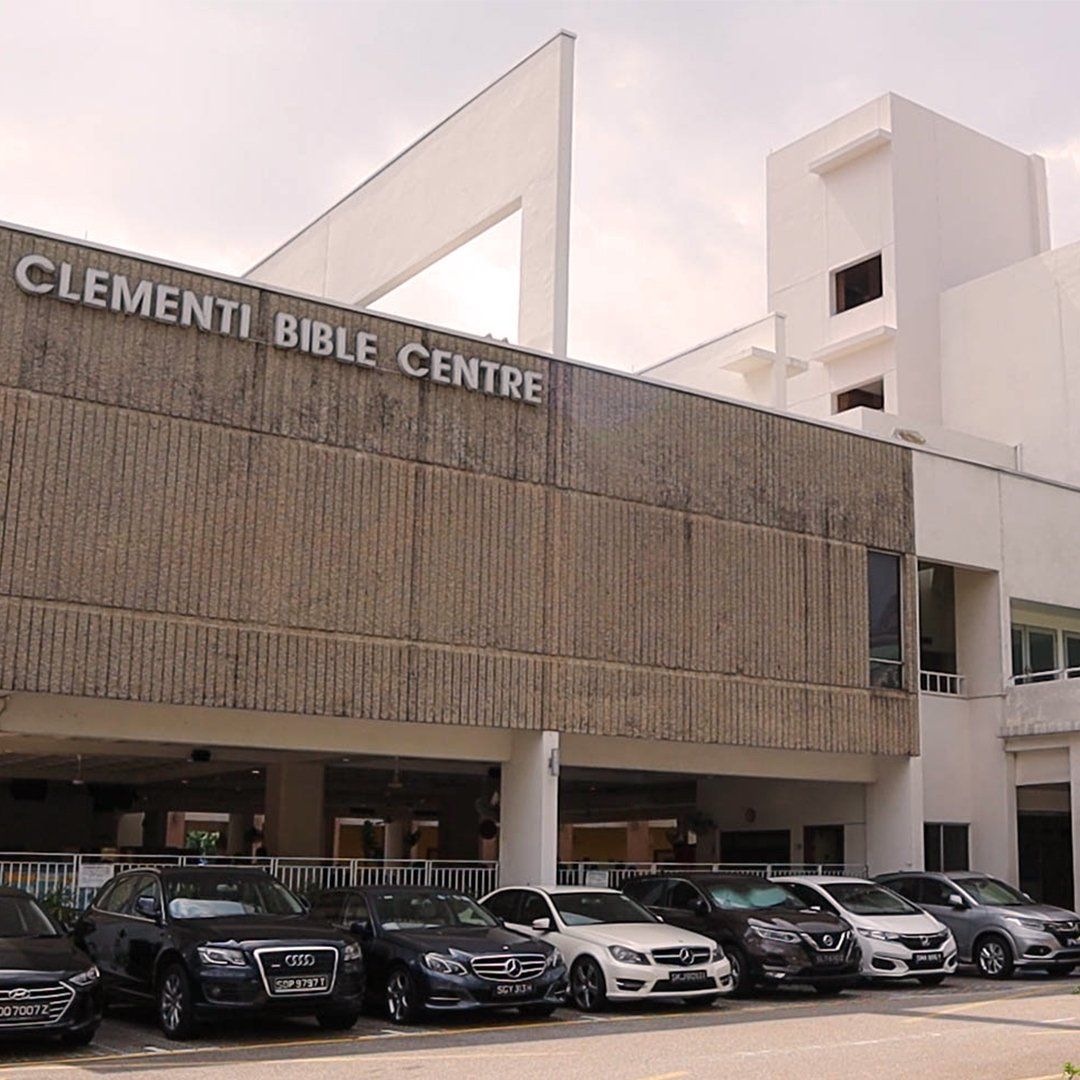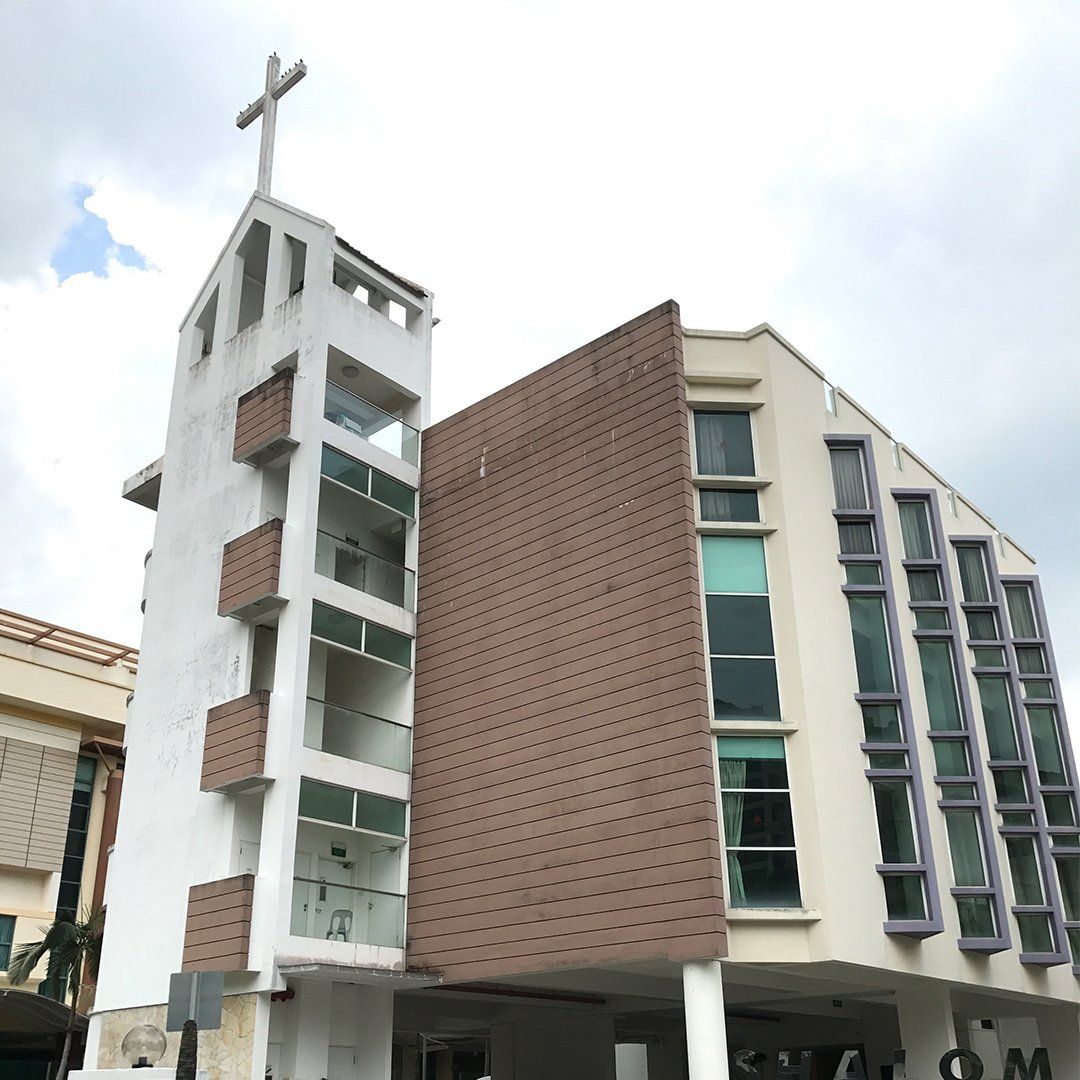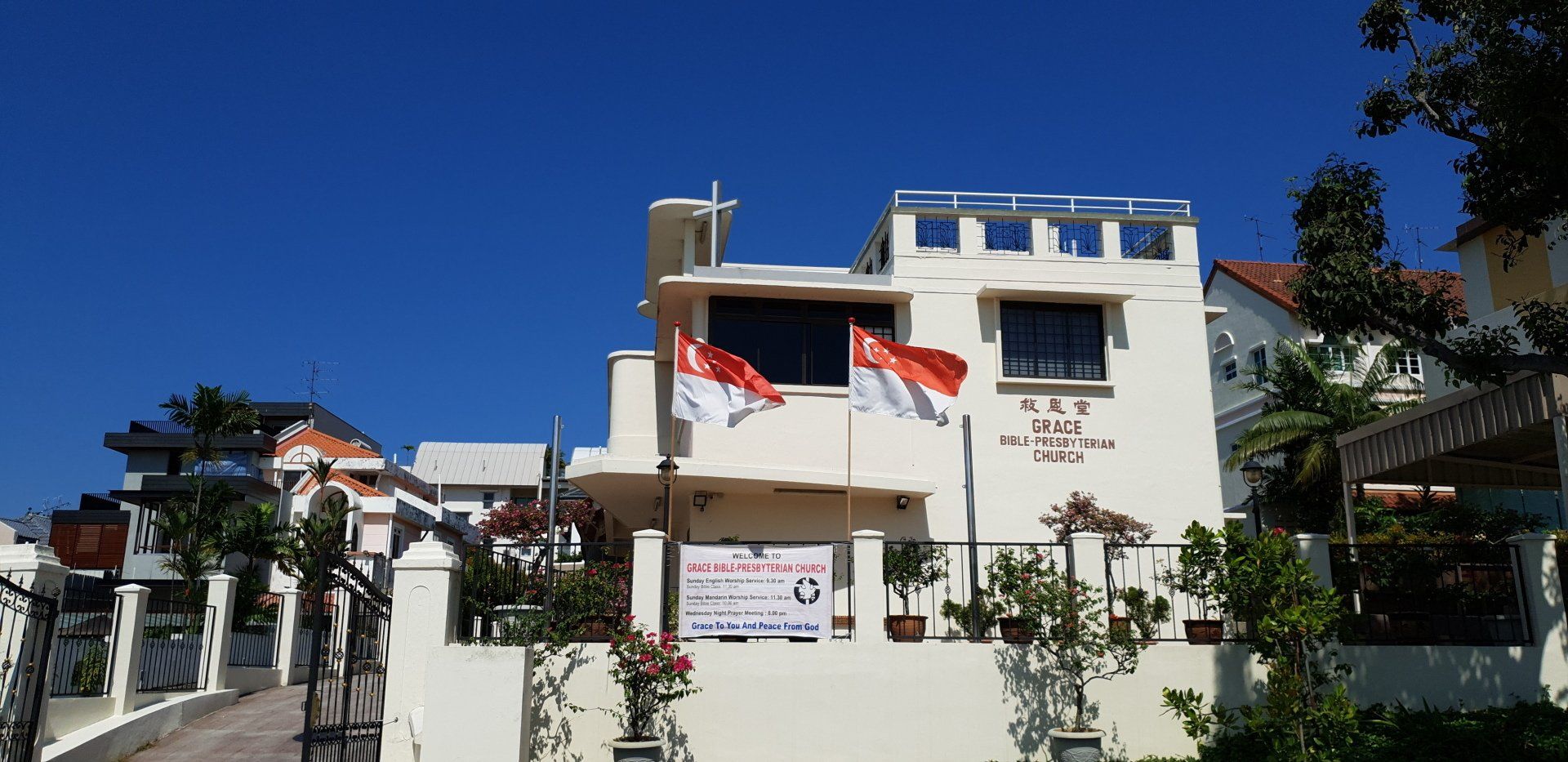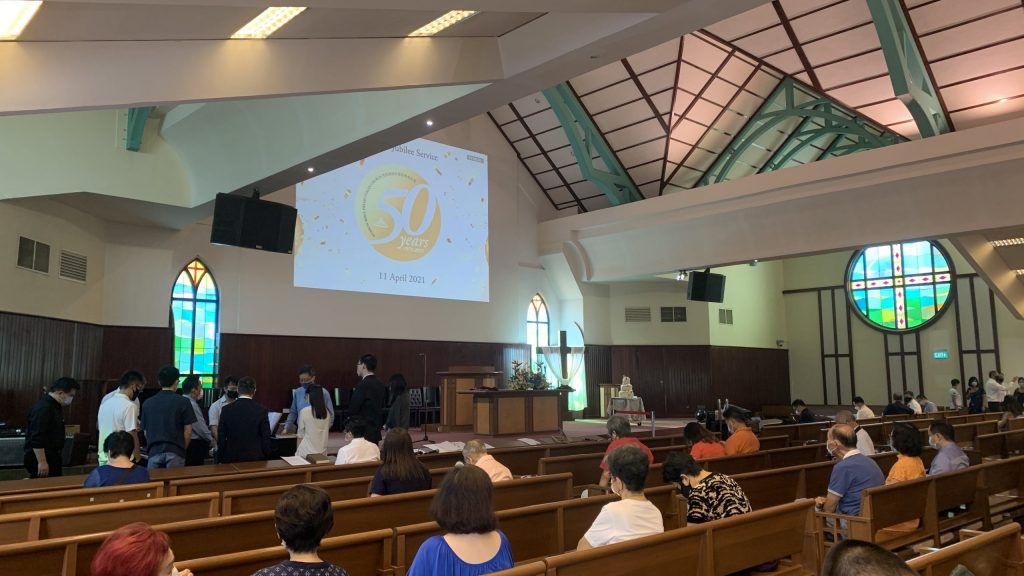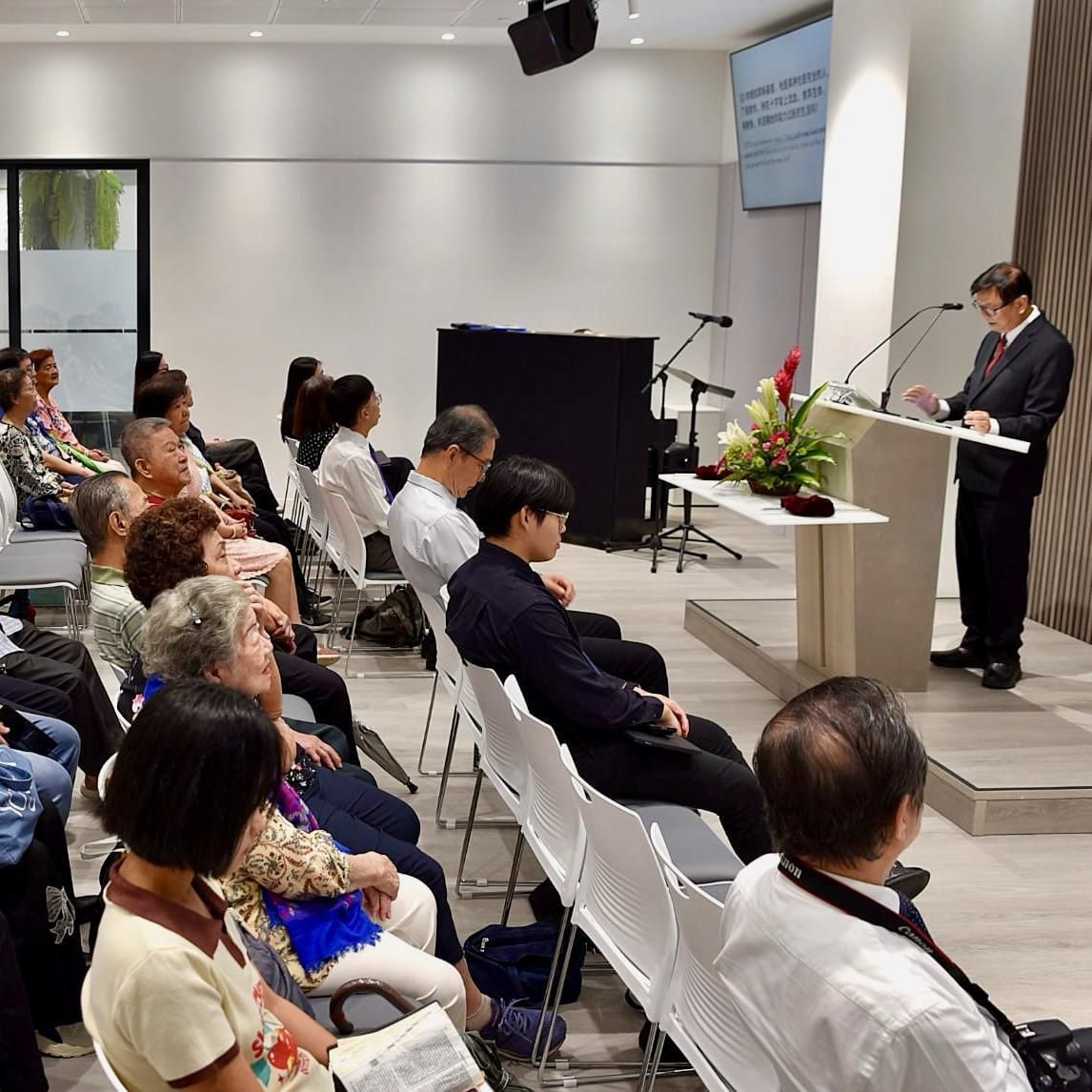Who are we?
To put it metaphorically, we are children trying to come home after the family had broken up. We are a group of 11 member churches and some observer churches in the Bible-Presbyterian denomination that have come together to serve God and one another.
Where Have We Come From?
In October 1988 the Synod of the Bible-Presbyterian Church decided to dissolve itself, and let the 16 churches go each their separate ways.
“Amidst the rustle of paper, the resolution was passed: the Synod would be dissolved, the denominational body would be no more, each church would be on its own. The mother had dismissed her children who had grown up in the same household but could no longer live together in peace.” (Heritage and Legacy, p.394).
Two decades passed. In June 2010, a consultation was convened, and 46 pastors and elders from 15 BP churches met to discuss a proposal to come together again. Another eight consultations followed. In October 2011, the Bible-Presbyterian Church in Singapore (BPCIS) was inaugurated with four member churches, with a four-fold pledge:
We will seek and serve the interests of our churches.
We will speak the truth, and speak the truth in love.
We will provide a platform for open discussion of issues in a spirit of brotherly love.
We will set an example of godly leadership and pass on a godly legacy to the next generation.
When three more churches joined, we applied to the Registry of Societies (ROS) as seven charter member churches. In January 2019, BPCIS was registered with ROS as well as with COC (Commissioner of Charities).
To honour our pioneers and our heritage as well as to learn from our mistakes and pass on the legacy to the next generation, we published a book, Heritage and Legacy of the Bible-Presbyterian Church in Singapore (2018). Unlike past accounts of BP history written by individuals, this 526-page volume came from 24 contributors, from the early pioneers to the third and fourth generation leaders.
Today we have ten member churches, with “observer churches” joining us in our activities. We believe in keeping to a few “signature” events, and doing each one well.
Our combined Good Friday Service brings all our members together, just as the Leaders Retreat in July takes our leaders away for an extended time of fellowship and learning from one another.
This is followed by a “No Agenda” Lunch in August when we meet for a sumptuous meal, amidst laughter and conversations. In September, we hold our Annual Presbytery Meeting with a guest speaker addressing an issue of current interest.
Why Do We Exist?
- To preserve the legacy of the BP Church which honours God and edifies her people.
- To learn from and avoid the mistakes made in the past, especially in allowing personalities to cloud issues, and lacking in love when attempting to speak the truth.
- To be a body which serves the churches in the spirit of servant-leadership taught by our Lord Jesus.
- To provide a platform to for collaboration among BP churches to fellowship, promote missions, and offer services to the community.
- To address current issues from a Biblical perspective, and make our collective voice heard.
What Do We Do?
We serve our churches:
- by building relationships among our leaders, across the generations, ensuring strong spiritual friendships
- by raising the next generation leaders: identifying, mentoring and ordaining pastors and elders to the ministry.
- by providing a platform for the discussion of theological issues, church disputes, and disciplinary issues.
- by pooling our resources to help one another with development projects, community services, church-planting initiatives, missions partnerships, and humanitarian relief.
Our Priorities
1. DEVELOPING LEADERS
Many churches face the twin challenges of stagnation and succession. The two are related. People age with their leaders and unless the next generation rises to lead, the aging church will plateau and decline. BPCIS believes in honouring our pioneers and at the same time affirming those coming after them. “The world has changed by quantum leaps… and our next generation—growing up in a digital universe—confronts challenges vastly different from those just over a decade ago. How will they take the unchanging gospel and communicate it to a rapidly changing world? How will they engage the issues of their times, and serve the complex needs of their generation? We cannot expect them to fight the same battles we fought, with the same mindset and vocabulary we used.” (Heritage and Legacy, page 525).
Our churches provide internships and apprenticeships, identifying and mentoring younger leaders, sharing responsibility and visibility, and, for future pastors, guiding them through the ordination process. We have seen smooth successions, either completed or in progress. We aspire towards different generations working together with mutual respect and submission.
2. BUILDING RELATIONSHIPS
We once pursued the orthodoxy of truth at the expense of the primacy of love, resulting in suspicion and hurt which broke up our denominational body. We learned our lesson and commit ourselves to love one another as Jesus has loved us (John 13.34). BPCIS believes in building relationships and making time to do it.
Our pastors meet on a regular basis for lunch and discussion. Over a meal, our interaction goes beyond business, to friendship and comradeship. Our annual retreat provides extended time and conducive space for leaders to bond with those of their generation as well as those across generations. Once a year, we meet for a “no agenda” sumptuous lunch where we simply enjoy one another’s company with good food and conversations. We encourage small mentoring groups, peer networking, and occasional celebrations.
3. SHARING RESOURCES
With churches of varying congregational sizes, from under 100 to over 1,000, we have opportunities to support one another. As the apostle Paul puts it, “At the present time your plenty will supply what they need, so that in turn their plenty will supply what you need” (2 Cor 8:14, NIV). We have seen this happen when one church gave to another church’s building project, to have the receiving church do the same years later when the giving church has a similar need.
We have also pooled resources to support missions partnerships, church-planting initiatives, theological education and humanitarian relief. Apart from financial resources, we have taken steps to share best practices in areas like office administration and community outreach.

